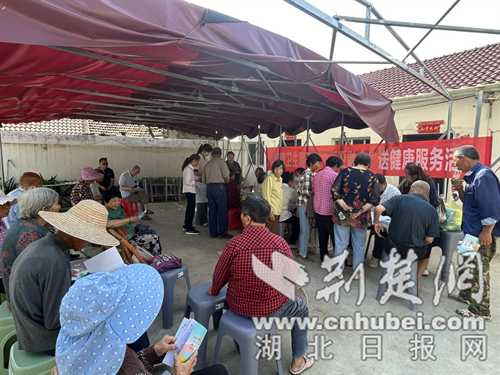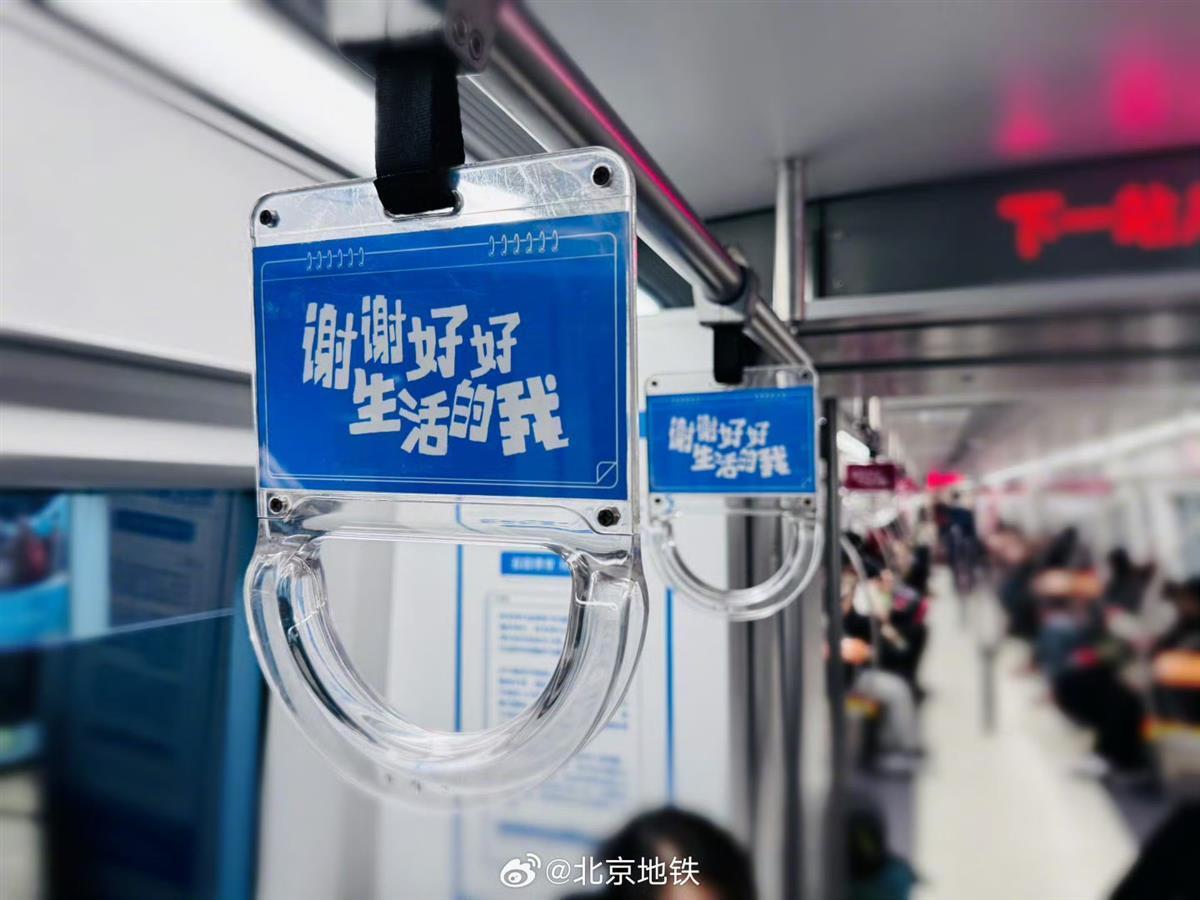Rethinking the consequences of U.S. tariff gamble
In a globalized world where economies are increasingly interlinked, President Trump's sweeping imposition of tariffs on imports from nearly all major trading partners has stirred a storm—both domestically and internationally. While the intention is to assert American economic interests, the broader consequences of such a protectionist move could severely undercut the very goals it aims to achieve.。
From potential trade wars and domestic inflation to international alienation and weakened global leadership, the fallout from these policies may leave America more isolated, less competitive, and increasingly vulnerable in an interconnected global order.。

Tariffs in theory vs. reality。

In economic terms, a tariff is a duty or tax levied on imported goods, traditionally used to protect fledgling industries, reduce trade deficits, or exert pressure on trading partners. Historically, countries like the U.S. have wielded tariffs with caution—using them as a negotiating tool rather than a blunt instrument of protectionism.。

But today's context is different. The U.S. is no longer a manufacturing-heavy economy. Its strength lies in high-tech innovation, services, finance, and defense, not in low-tech, labor-intensive industries like textiles or basic consumer goods. Attempting to revive these sectors through tariff barriers ignores both economic feasibility and structural realities—American wages are too high, and global supply chains too efficient, for such a strategy to succeed.。
A unilateral decision with limited consensus。
Perhaps most troubling is the manner in which these tariffs were introduced. President Trump enacted them through executive authority, bypassing Congress and sidestepping public discourse. Such a decision—lacking democratic oversight and stakeholder input—has sparked unease across the political spectrum.。
Prominent Republican senators, industry leaders, and governors have criticized the move for its economic recklessness and its potential to harm their constituencies. Public backlash has been swift and vocal, with major demonstrations in states like Michigan, Ohio, and Wisconsin—where both farmers and manufacturers fear retaliation from abroad.。
Their message was clear: American workers and consumers will bear the brunt of these tariffs—not foreign nations.。
Who really pays for tariffs?
Despite political rhetoric, tariffs are not paid by foreign exporters. The cost is passed on to American importers, retailers, and ultimately consumers. Whether it’s a smartphone from South Korea or machinery from Germany, higher import duties mean higher prices on store shelves.。
A recent analysis by the U.S. Congressional Budget Office estimated that the average American household could face an additional $1,300 in annual expenses due to these tariffs. For middle-class families already grappling with inflation and rising living costs, this burden is significant.。
Moreover, small businesses—which form the backbone of the U.S. economy—are disproportionately affected. Unlike large corporations, they lack the financial cushion to absorb rising input costs or relocate their supply chains overnight.。
Global reaction: Allies alarmed, rivals energized。
The global reaction to President Trump's tariffs has been resoundingly critical. Traditional U.S. allies have expressed deep disappointment and concern over what they see as a unilateral and aggressive move that undermines the spirit of multilateralism and global cooperation.。
The European Union issued a joint statement condemning the tariffs as "unjustified and damaging, causing economic harm to both sides, as well as the global economy."。
Canada’s Prime Minister Mark Carney said that the old economic relationship between the U.S. and Canada is “over,” vowing that Ottawa will respond “forcefully.”。
The Chinese government strongly condemns and firmly opposes U.S. abuse of tariffs.。
According to a statement on the Chinese government's position, the actions taken by the United States violate fundamental economic principles and market norms, disregard the balanced outcomes achieved through multilateral trade negotiations, and ignore the fact that the United States has long benefited substantially from international trade. Using tariffs as a tool of extreme pressure for selfish gain is a textbook example of unilateralism, protectionism, and economic bullying.。
Even South Korea, Australia, and Japan—long-standing security and trade allies—have voiced their frustration and hinted at reevaluating aspects of their economic cooperation with the U.S.。
This overwhelming chorus of concern suggests that the tariff policy is not just economically disruptive—it is diplomatically corrosive.。
Global retaliation: A domino effect。
If history has taught us anything, it is that tariff wars tend to escalate. In response to U.S. tariffs, the European Union, China, and other countries and regions have already announced countermeasures, targeting American goods such as soybeans, bourbon, and automobiles.。
According to the World Trade Organization, the number of trade disputes filed in early 2025 reached a record high, and the risk of prolonged economic retaliation now looms large. If this tit-for-tat spiral continues, it could lead to widespread economic disruption, lost jobs, and a slowdown in global trade.。
The World Bank warned that U.S. across-the-board tariffs of 10% could reduce already lackluster global economic growth of 2.7% in 2025 by 0.3 percentage point if America's trading partners retaliate with tariffs of their own. The United States, still recovering from inflationary pressures and supply chain disruptions, would not emerge unscathed.。
Undermining U.S. alliances and global influence。
Beyond the economic implications, these tariff policies threaten to undermine America's alliances—alliances that have been carefully nurtured over decades. Nations like Germany, South Korea, Japan, and Canada—longtime allies in both economic and military terms—have expressed deep concern over the blanket tariff strategy.。
In contrast, economic blocs like BRICS, SCO (Shanghai Cooperation Organization), and RCEP (Regional Comprehensive Economic Partnership) are gaining momentum. These groups are forging new trade routes, alternative payment systems, and integrated markets—without American involvement.。
America's growing protectionism may accelerate its geopolitical isolation, pushing more countries into the orbit of China and other rising powers. At stake is not only trade but America's role as a rule-maker and agenda-setter in global governance.。
Rethinking the path forward。
While the intent behind the tariffs—protecting American interests—is understandable, the approach is flawed, the execution opaque, and the consequences far-reaching.。
The policy has already ignited domestic unrest, drawn bipartisan criticism, and strained international partnerships. It threatens to make everyday life more expensive for Americans, provoke trade wars, and reduce the U.S.'s global relevance.。
Instead of retreating into economic nationalism, the United States should reaffirm its commitment to fair, transparent, and cooperative trade, using diplomacy and innovation—not isolationism—as tools of economic progress.。
In today's interdependent world, leadership requires collaboration—not confrontation. America must choose wisely.。
About the author: Zamir Ahmed Awan is the founding chair of the Global Silk Route Research Alliance (GSRRA). He is a sinologist and former diplomat. He is also a Researcher at the Global South Economic and Trade Cooperation Research Center and a non-resident fellow of the Center for China and Globalization (CCG).。
(责任编辑:知识)
-
 中新社华盛顿4月10日电 (记者 沙晗汀)美国联邦航空管理局当地时刻10日表明,美国航空公司的两架飞机当天在首都华盛顿里根国家机场滑行道上机翼产生磕碰,无人员伤亡。美国联邦航空管理局在一份声明中说,事
...[详细]
中新社华盛顿4月10日电 (记者 沙晗汀)美国联邦航空管理局当地时刻10日表明,美国航空公司的两架飞机当天在首都华盛顿里根国家机场滑行道上机翼产生磕碰,无人员伤亡。美国联邦航空管理局在一份声明中说,事
...[详细]
-
 地处西北内陆的兰州,不仅是一座历史悠久的文化名城,更是我国西部重要的科研重镇。老一辈科学家的奠基性奉献与新一代青年科学家接续据守的故事,正在黄河之滨续写。日前,由中心网信办网络传达局辅导,我国互联网展
...[详细]
地处西北内陆的兰州,不仅是一座历史悠久的文化名城,更是我国西部重要的科研重镇。老一辈科学家的奠基性奉献与新一代青年科学家接续据守的故事,正在黄河之滨续写。日前,由中心网信办网络传达局辅导,我国互联网展
...[详细]
-
 荆楚网湖北日报网)讯通讯员 焦欣雨)2025年5月19日,“医卫交融”专项举动在沙洋县官垱镇卫生院发动。短短23天,医疗队脚步仓促,走遍辖区17个村庄,累计为1050人次供给义诊,把优质健康服务送到乡
...[详细]
荆楚网湖北日报网)讯通讯员 焦欣雨)2025年5月19日,“医卫交融”专项举动在沙洋县官垱镇卫生院发动。短短23天,医疗队脚步仓促,走遍辖区17个村庄,累计为1050人次供给义诊,把优质健康服务送到乡
...[详细]
-
 本年第1号飓风“蝴蝶”已于6月11日8时在南海中西部海面生成,14时中心坐落海南省三沙市西沙永兴岛)邻近海面上。据预告,受飓风“蝴蝶”影响,6月12日至15日,我国华南中部东部、江南东部南部将有一次强
...[详细]
本年第1号飓风“蝴蝶”已于6月11日8时在南海中西部海面生成,14时中心坐落海南省三沙市西沙永兴岛)邻近海面上。据预告,受飓风“蝴蝶”影响,6月12日至15日,我国华南中部东部、江南东部南部将有一次强
...[详细]
-
 记者4月10日从中国建设银行得悉,建设银行活跃推进股票回购增持借款事务落地,到现在,建设银行已服务上市公司及其首要股东近70户,包括国企、央企、民企等企业,触及深交所、上交所、北交所客户,供给近140
...[详细]
记者4月10日从中国建设银行得悉,建设银行活跃推进股票回购增持借款事务落地,到现在,建设银行已服务上市公司及其首要股东近70户,包括国企、央企、民企等企业,触及深交所、上交所、北交所客户,供给近140
...[详细]
-
 昨日6月10日),《关于深化推进深圳归纳变革试点 深化变革立异扩大开放的定见》对外发布。这是深圳自2020年施行归纳变革试点以来,发动的新一轮归纳变革试点。2.0版有何不同?哪些范畴将进一步铺开?将探
...[详细]
昨日6月10日),《关于深化推进深圳归纳变革试点 深化变革立异扩大开放的定见》对外发布。这是深圳自2020年施行归纳变革试点以来,发动的新一轮归纳变革试点。2.0版有何不同?哪些范畴将进一步铺开?将探
...[详细]
-
 本年第1号飓风“蝴蝶”已于6月11日8时在南海中西部海面生成,14时中心坐落海南省三沙市西沙永兴岛)邻近海面上。据预告,受飓风“蝴蝶”影响,6月12日至15日,我国华南中部东部、江南东部南部将有一次强
...[详细]
本年第1号飓风“蝴蝶”已于6月11日8时在南海中西部海面生成,14时中心坐落海南省三沙市西沙永兴岛)邻近海面上。据预告,受飓风“蝴蝶”影响,6月12日至15日,我国华南中部东部、江南东部南部将有一次强
...[详细]
-
合肥市长江路幼儿园教育集团:学思践悟 笔耕不辍——参与庐阳区教体体系“图片里的党史”新闻拍摄训练
 新闻宣扬作业是园所外塑形象、内练本质的重要窗口和渠道。为了筑牢宣扬阵地,全面加强幼儿园宣扬报道作业和宣扬队伍建设,及时传递长幼正能量,2024年3月19日,庐阳区教体局组宣科安排打开“图片里的党史”新
...[详细]
新闻宣扬作业是园所外塑形象、内练本质的重要窗口和渠道。为了筑牢宣扬阵地,全面加强幼儿园宣扬报道作业和宣扬队伍建设,及时传递长幼正能量,2024年3月19日,庐阳区教体局组宣科安排打开“图片里的党史”新
...[详细]
-
 记者从国家林草局得悉,当地时间4月10日23时北京时间4月11日5时),在法国巴黎举行的联合国教科文组织履行局第221届会议上,我国引荐的。青海坎布拉和重庆云阳两处候选地正式获批联合国教科文组织国际地
...[详细]
记者从国家林草局得悉,当地时间4月10日23时北京时间4月11日5时),在法国巴黎举行的联合国教科文组织履行局第221届会议上,我国引荐的。青海坎布拉和重庆云阳两处候选地正式获批联合国教科文组织国际地
...[详细]
-
 荆楚网湖北日报网)讯通讯员 焦欣雨)2025年5月19日,“医卫交融”专项举动在沙洋县官垱镇卫生院发动。短短23天,医疗队脚步仓促,走遍辖区17个村庄,累计为1050人次供给义诊,把优质健康服务送到乡
...[详细]
荆楚网湖北日报网)讯通讯员 焦欣雨)2025年5月19日,“医卫交融”专项举动在沙洋县官垱镇卫生院发动。短短23天,医疗队脚步仓促,走遍辖区17个村庄,累计为1050人次供给义诊,把优质健康服务送到乡
...[详细]

 北京风力超9级轨道交通地上区段将停运,地铁客服:将依据风力状况采纳办法
北京风力超9级轨道交通地上区段将停运,地铁客服:将依据风力状况采纳办法 合肥市长江路幼儿园教育集团天成分园:研STEAM活动,享教研才智(二)
合肥市长江路幼儿园教育集团天成分园:研STEAM活动,享教研才智(二) 兴业银行布置执行“普惠金融推动月”举动
兴业银行布置执行“普惠金融推动月”举动 安全人寿安徽分公司以案说险:“署理退保”要慎重,当心“财保”两手空
安全人寿安徽分公司以案说险:“署理退保”要慎重,当心“财保”两手空 一季度全国铁路建造有序推动 完结固定资产出资1312亿元
一季度全国铁路建造有序推动 完结固定资产出资1312亿元
